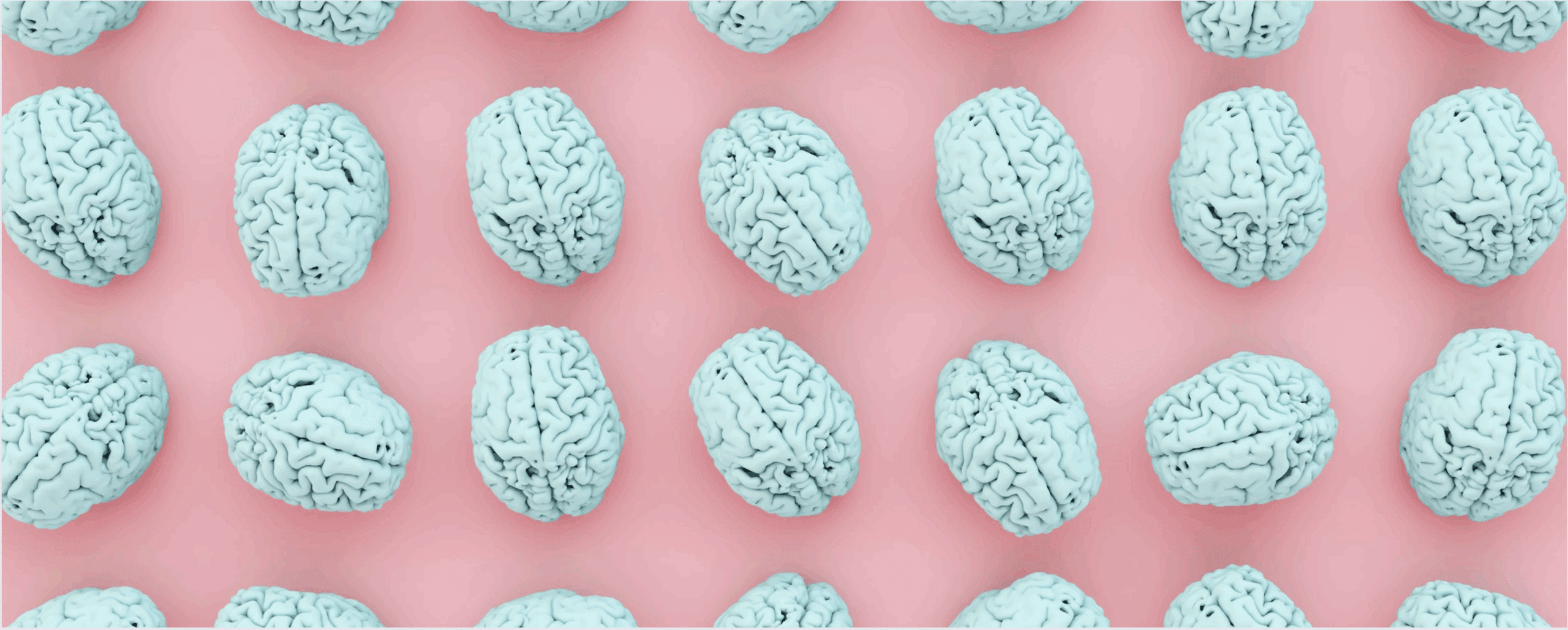Discovering that a loved one is experiencing an alcoholism relapse is a challenging and emotional situation. It’s essential to understand the nature of alcoholism, the factors behind relapse, and how to offer support during this difficult time. What are the factors contributing to alcohol relapse? What are the latest alcohol relapse statistics? Could a relapse prevention plan help curb the problem?
What Is Alcoholism?
Alcoholism, clinically known as alcohol use disorder (AUD), is a chronic disease that causes someone to be unable to control or stop drinking despite negative consequences. This condition does not discriminate. It affects people from all walks of life, regardless of age, gender, or socioeconomic status. Furthermore, it’s often combined with mental health issues, acting as a coping mechanism for stress, anxiety, or depression.
To grasp the severity of alcohol abuse, it’s crucial to consider some eye-opening alcohol relapse rate statistics:
- According to the National Institute on Alcohol Abuse and Alcoholism (NIAAA), an estimated 15 million adults in the U.S. suffer from AUD
- Alcohol-related liver disease stands as a leading cause of liver-related morbidity and mortality in the country
- Individuals with alcohol use disorder are more susceptible to experiencing mental health issues such as depression and anxiety
Why Do People Experience Alcoholism Relapse?
While embarking on the journey to recovery, it’s common for people to face setbacks in the form of alcohol relapse. Understanding the factors that contribute to this is crucial for providing effective support.
Contributing factors to alcoholism relapse include:
Triggers: Various situations, emotions, or environments can act as triggers, reigniting the urge to drink. This might include stress, social situations, or personal challenges.
Lack of Support: The absence of a strong support system can significantly impact recovery. A lack of understanding or encouragement from friends and family may contribute to relapse.
Stress and Mental Health: High levels of stress or untreated mental health issues may lead to relapse. Addressing the root causes of stress and mental health concerns is essential in preventing relapse.
Overconfidence: Feeling overly confident about sobriety can sometimes result in neglecting relapse prevention strategies. It’s crucial to maintain a humble and proactive approach to recovery.
What Are the Dangers of Long-Term Alcohol Abuse?
Long-term alcohol abuse causes severe risks to an individual’s physical and mental well-being, as well as their relationships and professional life. It’s important to be aware of these dangers to comprehend the urgency of addressing alcoholism.
Dangers of Long-Term Alcohol Abuse:
- Physical Health Issues: Chronic alcohol abuse can lead to liver disease, cardiovascular problems, and an increased risk of certain cancers. The toll on the body can be extensive, affecting various organs and systems.
- Mental Health Problems: Alcohol can exacerbate or lead to mental health issues such as depression and anxiety. The intertwining of alcohol and mental health often creates a challenging cycle for individuals.
- Behavioral Changes: Erratic behavior, impaired judgment, and a decline in overall cognitive function are common outcomes of long-term alcohol abuse. The impact on daily functioning can be profound.
- Relationship Strain: Alcoholism can strain relationships with family, friends, and colleagues, often leading to isolation. Rebuilding relationships after addressing alcoholism is a crucial part of the recovery process.
- Work and Academic Challenges: Maintaining employment or academic success becomes increasingly difficult with ongoing alcohol abuse. The effects on professional and academic life can be detrimental, requiring significant effort to rebuild.
How to Help Someone Going Through an Alcohol Relapse
Discovering a loved one going through an alcohol relapse can be distressing, but providing support and understanding is crucial. Here are five tips and relapse prevention strategies to help assist them:
- Open Communication: Encourage open and non-judgmental communication to understand their feelings and challenges. Create a safe space for them to express themselves without fear of criticism.
- Encourage Professional Help: Suggest seeking help from a treatment center or counselor specializing in addiction. Provide information on the benefits of relapse prevention strategies and emphasize that seeking help is a sign of strength.
- Avoid Enabling Behaviors: Refrain from enabling their drinking behavior by setting clear boundaries. Understand the difference between support and enabling, and encourage healthy behaviors.
- Educate Yourself: Learn about alcoholism and recovery to better understand their struggles. Knowledge empowers you to provide more informed support and contribute positively to their recovery journey.
- Offer Emotional Support: Let them know you are there for them emotionally, providing a supportive presence during challenging times. Emotional support is invaluable in helping someone navigate the complexities of recovery.
In many cases, professional treatment and a relapse prevention plan are highly beneficial. Addiction treatment centers offer a structured environment, therapy sessions, and a supportive community — all contributing to a higher chance of successful recovery.
What Is Alcohol Treatment Like?
Alcohol treatment involves a comprehensive approach to address both the physical and psychological aspects of addiction. Choosing the right treatment program depends on individual needs and the severity of the addiction.
The process typically includes:
- Detox: This initial phase of alcohol treatment focuses on ridding the body of alcohol. It’s best to do this under medical supervision to manage withdrawal symptoms.
- Therapy: Individual and group therapy sessions encourage exploration of the root causes of addiction and help develop coping strategies.
- Counseling: Behavioral counseling helps individuals recognize and avoid triggers that may lead to relapse. Exploring the role of counseling in developing coping mechanisms adds depth to the understanding of treatment.
- Support Groups: Participation in support groups provides a sense of community and understanding from others facing similar challenges. There are many in-person and online options to consider.
- Aftercare Planning: Developing a relapse prevention plan and aftercare strategy can support long-term sobriety. Stressing the importance of ongoing support after formal treatment reinforces the idea that recovery is an ongoing process.
Alcohol Addiction Treatment at Aliya
We at Aliya Health Group seek to be a beacon, resource, and partner for those struggling with alcohol addiction. We offer affordable and compassionate alcohol addiction treatment, with alcoholism treatment centers all over the country.
From detox through aftercare, there are several different approaches to treating alcohol addiction:
Residential Treatment
After completing medical detox, you’ll transition to residential treatment, also known as inpatient treatment. You’ll receive medically assisted treatment and dual-diagnosis treatment, as well as group counseling and medication management.
Partial Hospitalization (PHP)
A step down from inpatient programs PHP offers a good balance for those looking to ease back into normal life after detox. You’ll receive care five to seven days a week for several hours each day, returning to their homes in the evening.
Intensive Outpatient Treatment (IOP)
An IOP is a step down from PHP requiring less time commitment. The program involves intensive therapy sessions three to five days a week, with each session lasting three hours.
Outpatient Care
Outpatient care allows clients to receive care without neglecting their responsibilities at home. It also tends to be significantly more affordable than higher levels of care.
If you or a loved one are thinking of seeking treatment for addiction to alcohol but have questions, call us at 888-965-3085 or contact us here.
References:
- https://www.niaaa.nih.gov/publications/brochures-and-fact-sheets/understanding-alcohol-use-disorder
- https://www.niaaa.nih.gov/alcohols-effects-health/alcohol-topics/alcohol-facts-and-statistics/alcohol-use-disorder-aud-united-states-age-groups-and-demographic-characteristics
- https://www.cdc.gov/alcohol/fact-sheets/alcohol-use.htm















